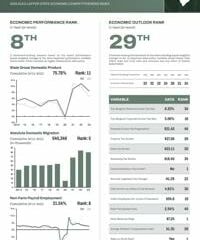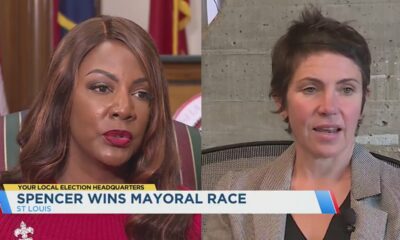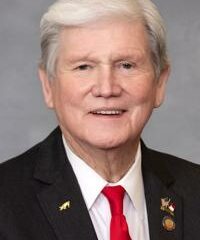(The Center Square) – Virginia hospitals are treating more patients for drug use disorder each year, as new federal legislation aims to expand peer recovery programs nationwide, according to new data from the Virginia Hospital & Healthcare Association.
The legislation, introduced this week by U.S. Sens. Tim Kaine, D-Va., and Jim Banks, R-Ind., would boost access to certified peer support specialists—individuals “with lived experiences” in recovery—by removing employment barriers and expanding training programs.
The Providing Empathetic and Effective Recovery (PEER) Support Act also aims to strengthen the profession’s recognition.
The number of Virginians hospitalized with drug use disorder has risen more than 11% over the past five years, from 57,925 patient discharges in 2020 to 64,460 in 2024, according to VHHA’s analysis of inpatient records.
The data also shows the majority of these hospitalizations—more than 51%—were patients covered by Medicaid, with smaller shares involving Medicare recipients (18.3%) and those with private insurance (12.6%).
Hospitals in Richmond (6.9%), Fairfax County (5.6%), Henrico County (4.6%), Norfolk (4.4%) and Virginia Beach (4.4%) reported the highest volumes of patients discharged with drug use disorder diagnoses, according to the analysis.
More than one in four of these hospitalizations involved a secondary diagnosis of mental illness, with 21% also involving drug or alcohol-induced mental disorders, the data shows.
Supporters of the federal legislation say peer recovery specialists, or those who lived through addiction recovery themselves, can help fill workforce gaps, reduce relapse and build trust with patients navigating treatment.
“Peer support specialists play an important role in mental health and substance use disorder treatment teams, and provide valuable support to individuals in recovery,” Kaine said in a statement. “At a time where we need to expand access to mental health care and substance use disorder treatment, this bipartisan legislation is critical to helping peer support specialists enter the field.”
A review of international studies reported a “reduction in psychiatric hospital admissions of 14% for participants receiving peer support compared with those receiving care as usual,” though researchers noted the sample size was limited and called for more high-quality trials.
“The reintroduction of the PEER Support Act is a critical step toward addressing the shortage of behavioral health workers in this country,” said Michele Stockwell, president of Bipartisan Policy Center Action, which backs expanding peer support and recovery.
The PEER Support Act has been referred to the Senate Health, Education, Labor, and Pensions Committee, awaiting a hearing. A similar version of this bill was introduced in previous years but stalled without a vote.
Virginia is no exception to the workforce crisis. Nearly 40% of the commonwealth’s licensed behavioral health professionals are at or nearing retirement age, and 93 of Virginia’s 133 localities are classified as Mental Health Professional Shortage Areas, according to the Virginia Health Care Foundation. Two million Virginians live in those areas, and dozens of communities have no licensed behavioral health provider.










































